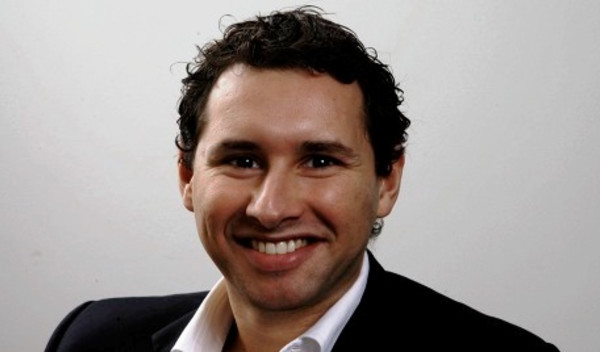

Jacob De Tusch Lec, who runs the £3.7bn Artemis Global Income fund, has begun buying more emerging market equities, but continues to shun the US technology giants.
The Artemis Global Income fund is the top performer in the IA Global Equity Income sector over the past five years, returning 109 per cent, compared with 71 per cent for the average fund in the sector in the same time period.
The fund has a yield of 3.5 per cent, and Mr De Tusch Lec said that while the market continues to be driven by the fashion for the technology giants, as they don’t pay an income he cannot invest in them.
Mr De Tusch Lec has long been on the view that global inflation would edge higher, with bank shares and other “value” sectors of the market.
A total of 18 per cent of the fund is invested in bank shares.
More recently, he has turned to emerging markets.
The fund manager said: “We are still 'behind the curve' in respect of the strong performance of emerging markets (way ahead of developed markets in August, especially non-Asian markets such as Brazil).
"But we have now moved overweight to emerging markets and must admit that with a weak dollar, strong economic growth and a dovish Fed it's not surprising that investors are flocking to Asia for secular growth.
"Brazil and other commodity producers benefit from commodity prices consistently surprising analysts by their strength. We have been overweight to Brazil for a while and play the stronger economy and a central bank aggressively cutting rates via Banco do Brasil and CEMIG, a utility.”
A weak dollar is generally viewed as being positive for emerging markets because many companies and countries in the region borrow in dollars, so a weak dollar reduces their repayment costs, leaving more capital to be returned to shareholders, or spent on expansion.
Commodities are priced in dollars where ever they are bought in the world.
Thus, a strong dollar has the effect of making the products sold by many emerging market economies more expensive, weakening demand and hampering the growth prospects for those economies.
Tim Love, investment director at GAM, noted that emerging markets have only recently regained the levels previously achieved in 2008.
Andrew Bell, chief executive of the £2bn Witan Investment Trust, has been buying emerging markets since just after the election of US President Donald Trump, as he feels the market had let the dollar get too strong. He is focused on small caps in emerging markets.
Jonathan Davis, who runs Jonathan Davis Wealth Management in Hertford, has been increasing his investments in emerging markets as part of a broad based strategy of increasing his investments in emerging markets.
david.thorpe@ft.com



